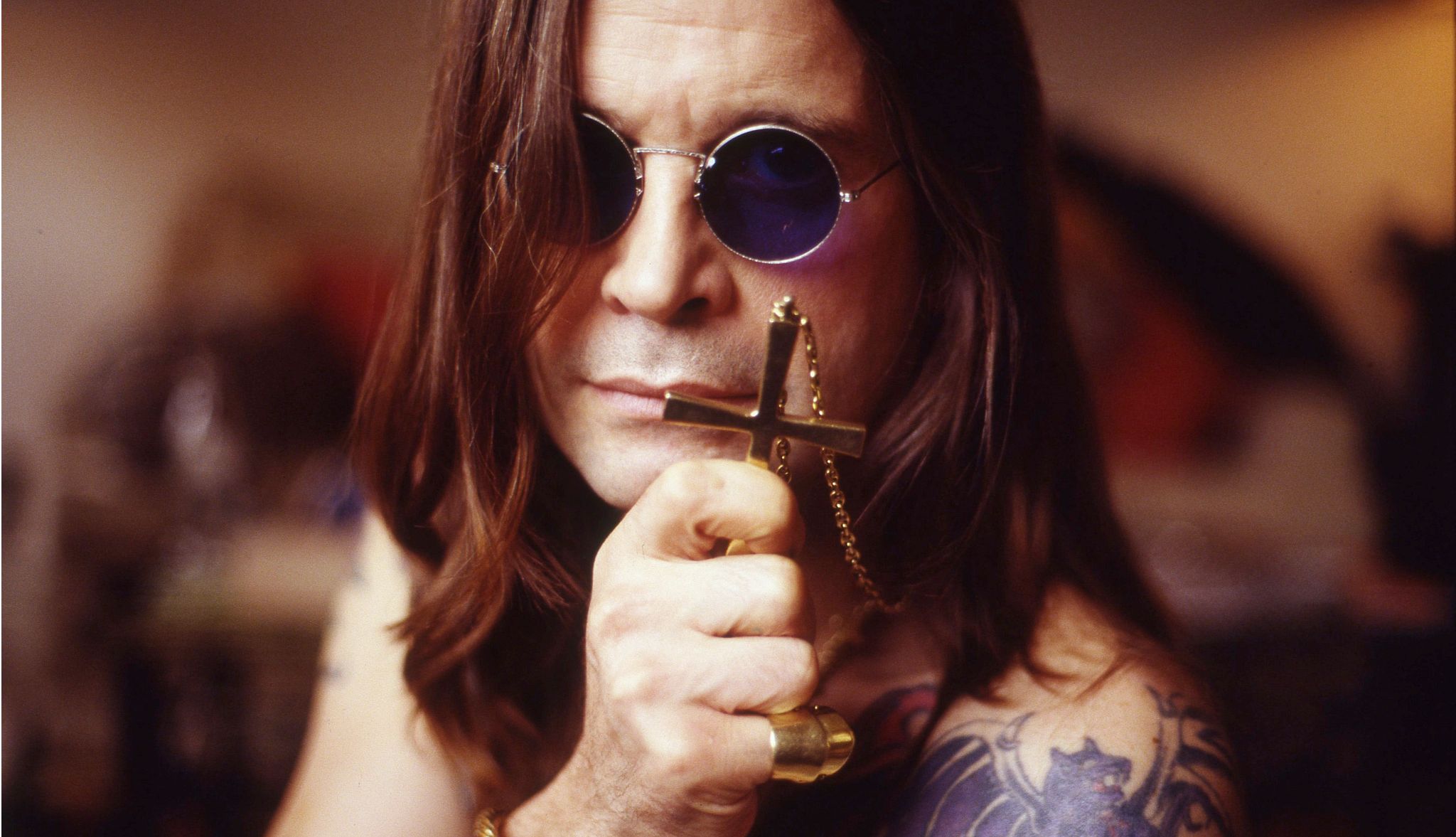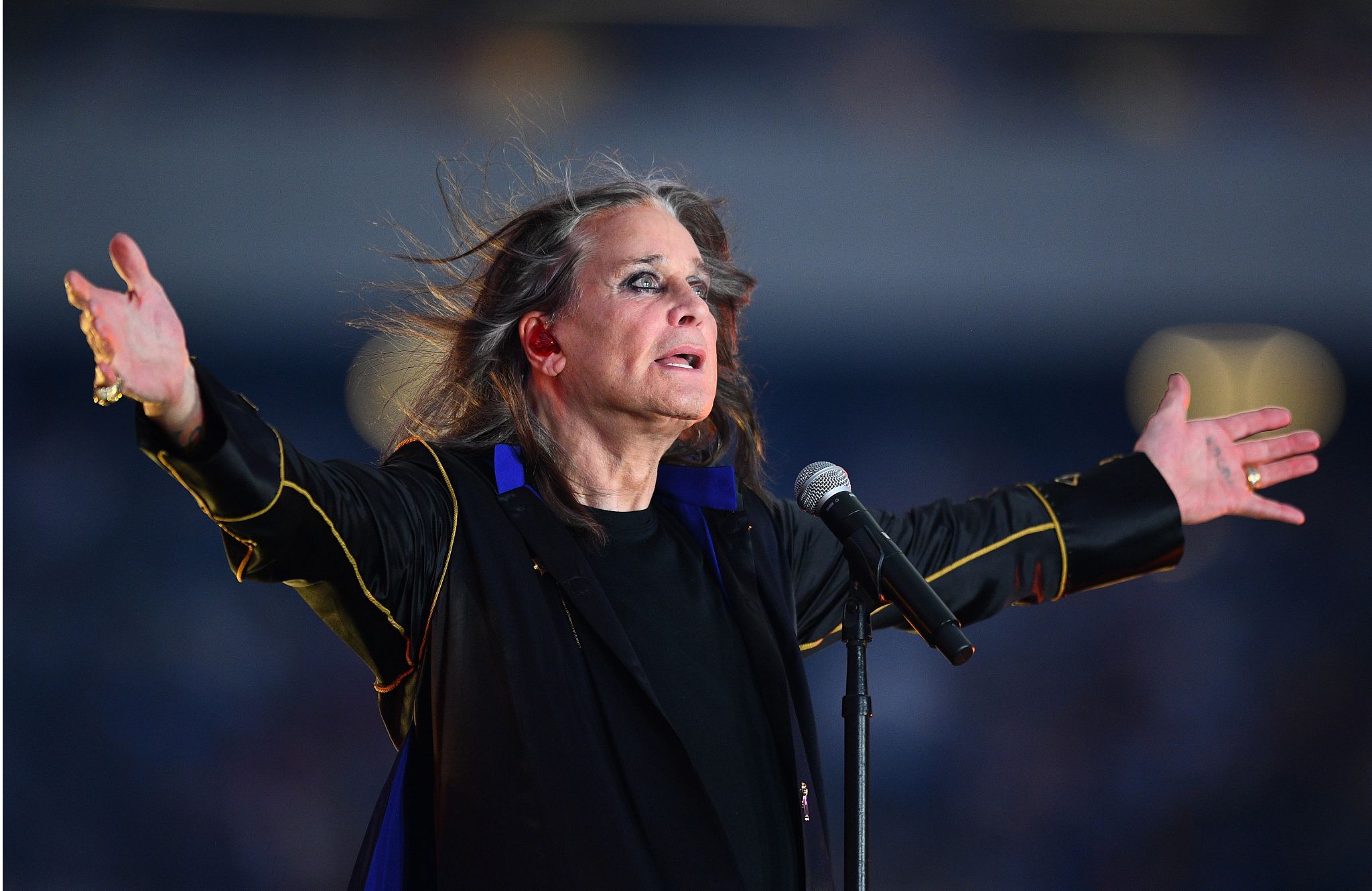AARP Hearing Center


Ozzy Osbourne phoned me in 1997 when he was approaching 50, and given his notorious intake of drugs and alcohol, few thought he would make it even that far. So I asked him if he ever imagined that he (and the heavy metal band he fronted, Black Sabbath) would be alive and kicking, let alone lionized, in their AARP years.
“Believe me,'' he said, “we did a good job of trying to kill ourselves on a daily basis. Somebody said to me, ‘Do you consider yourself a lucky guy?’ I said, ‘I'm a hell of a lucky guy. If my life was to end right now, it's been one hell of a journey.’”
But in some ways his life got luckier: in 2002, MTV’s The Osbournes, a heavy metal family dramedy that was not quite The Adventures of Ozzie and Harriet — but then again, kind of was — redoubled his fame. Ozzy was a semi-befuddled, fairly benign dad with a madman reputation, who had trouble operating the TV’s remote control and strove to keep his kids from losing control the way he did in youth. “Being a parent is really the hardest job in the world,” he said.
Thanks largely to his wife, manager and TV costar Sharon Osbourne, 72, he stayed creative, despite addiction relapses and a Parkinson’s diagnosis at 54. He told The Observer the illness made him “feel like I’m walking around in lead boots,” but said wisely, “You learn to live in the moment.” Last year, Mrs. Osbourne said, “Ozzy has got nine lives, he’s not going anywhere. If a bomb dropped there would be cockroaches, Keith Richards and Ozzy.”
But his journey ended on July 22, 2025, a few weeks after he and Sharon celebrated their 43rd wedding anniversary and 17 days after his last concert, performed with Black Sabbath in his old hometown of Birmingham, England. He sang four Sabbath songs and five solo-period songs before a crowd of 40,000 (and millions more on a livestream). He was heavily made up, his voice was thin, and he clearly wasn’t healthy. But he was living a very big moment, sitting on a big black oversized throne. In a way, it was like he got to attend his own wake, like Tom Sawyer.







































































More From AARP
Iconic Pop Singer Connie Francis Dies at 87
The chart-topper of the 1950s and 1960s was one of the biggest stars of her era
Billy Joel Discusses His Brain Disorder
Singer Billy Joel talked about living with a brain disorder, normal pressure hydrocephalus
Grieving Dolly Parton Struggling to Write Music
Music legend Dolly Parton, 79, says she’s having a hard time writing music because she’s grieving the death of her husband.